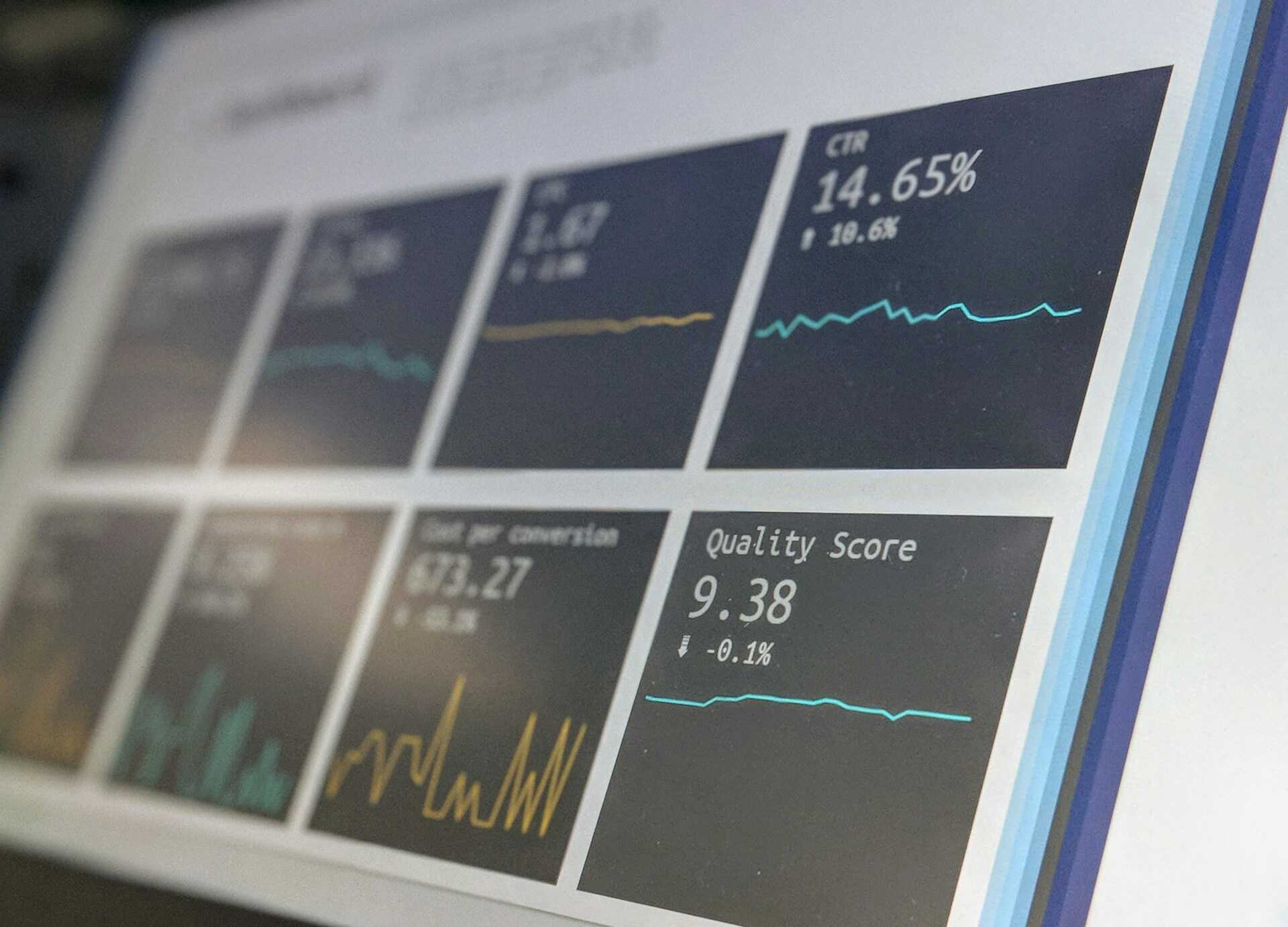
Transforming Real Estate Data into Strategic Insights: The Future of BI
- May 27, 2024
- OHI

In an era where data is the new oil, the real estate industry is undergoing a significant transformation, driven by advancements in business intelligence (BI). For real estate professionals and data analysts, leveraging BI tools is no longer a luxury; it’s a necessity. The ability to harness data effectively can lead to more informed decision-making, increased profitability, and improved operational efficiency. This blog will explore the future of real estate business intelligence, showcasing a case study on data visualization and discussing the key trends that are shaping the industry.
Real estate businesses generate vast amounts of data from multiple sources, including property management systems, customer relationship management (CRM) tools, financial records, and market analysis reports. Traditionally, the challenge has been to consolidate this fragmented data into a coherent format that can be easily interpreted and acted upon.
Business Intelligence tools address this challenge by providing platforms for data integration, visualization, and analysis. These tools transform raw data into actionable insights, enabling real estate professionals to make strategic decisions that drive growth and efficiency.
As we look to the future, several trends are set to shape the landscape of BI in real estate:
1. AI and Machine Learning Integration
AI and machine learning algorithms are becoming integral to BI tools, offering predictive analytics that can forecast market trends, tenant behaviors, and property values. These insights enable real estate professionals to stay ahead of the curve and make proactive decisions.
2. Advanced Data Visualization
Interactive dashboards and advanced data visualization techniques are making it easier for stakeholders to understand complex data sets. Tools like Tableau and Power BI are leading the way in providing intuitive, user-friendly interfaces.
3. Real-Time Data Processing
The demand for real-time data processing continues to grow. Businesses are investing in technologies that provide up-to-the-minute insights, which are crucial for time-sensitive decision-making.
4. Enhanced Data Security
With the increasing reliance on digital data, ensuring its security has become paramount. Future BI tools will incorporate advanced security measures to protect sensitive information and maintain data integrity.
5. Customization and Personalization
BI tools are becoming more customizable, allowing businesses to tailor their dashboards and reports to meet specific needs. This personalization enhances the relevance and usefulness of the insights generated.
The future of real estate business intelligence is bright, with advancements in technology offering unprecedented opportunities for growth and efficiency. By embracing these tools, real estate professionals can transform their data into strategic insights, driving better decision-making and improved outcomes.
For those looking to stay ahead in this rapidly evolving field, now is the time to invest in BI tools and technologies. Whether you’re a real estate professional or a data analyst, the power of business intelligence can help you unlock new levels of success in the real estate industry.
Contact us for a customized NO OBLIGATION proposal for outsourcing your accounting activities.







